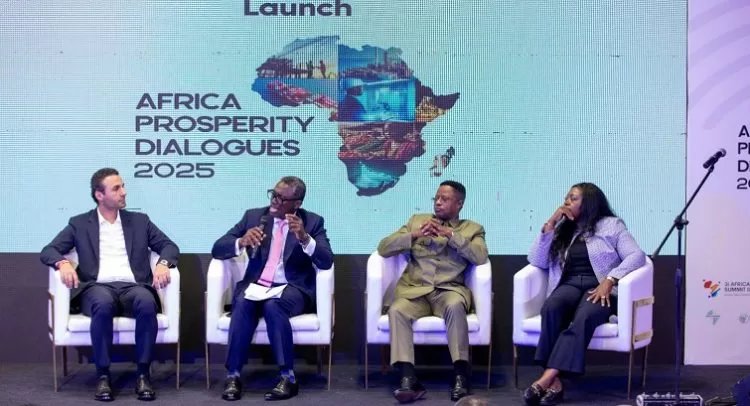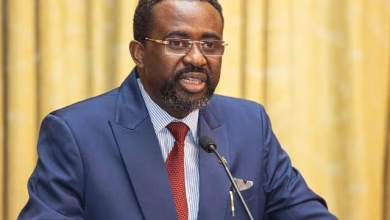Energy Deficit Hinders Africa’s Growth, Says SSNIT Boss

- This deficit restricts industrial growth
- Another concern raised was the lack of a robust regulatory system
- The Africa Prosperity Dialogue brings to light critical areas for development.
At the launch of the Africa Prosperity Dialogue 2025, a key challenge to African development was highlighted: the energy deficit. Kofi Bosompem Osafo-Maafo, Director General of SSNIT, emphasized how limited access to electricity hinders economic growth.
Limited Power Stifles Industrial Expansion
Osafo-Maafo pointed out that Africa’s current electrification rate of 30% falls far short of the 70-90% seen in developed nations. This deficit restricts industrial growth, infrastructure development, and overall productivity.
Energy Crucial for Resource Utilization
He explained how the energy shortage hinders taking advantage of natural resources. “How can you develop an aluminum value chain without reliable power?” Osafo-Maafo questioned.
Telecom Growth Needs Regulatory Overhaul
Another concern raised was the lack of a robust regulatory system for Africa’s booming telecommunication sector. Osafo-Maafo pointed to recent damage to undersea data cables, highlighting the need for redundancy.
Investment Needed for Data-Driven Future
Group CEO of Telecel, Moh Damush, emphasized the shift towards data-dependent industries. “We’re moving from providing data to consumers to providing it to entire industries,” he stated. This transition necessitates significant investment in infrastructure.
Prioritizing Railways for Improved Connectivity
Minister for Railways Development, John-Peter Amewu, urged African leaders to prioritize railways. He advocated for viewing railway infrastructure as a social service, with governments building lines for private sector operation.
Collaboration for a Prosperous Future
The Africa Prosperity Dialogue brings to light critical areas for development. By addressing energy deficits, strengthening telecommunication regulations, and investing in railways, African nations can work towards a more connected and prosperous future.






